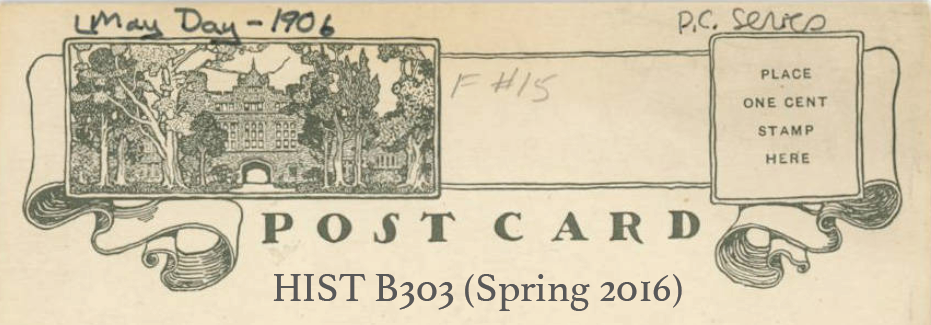In light of this week’s tradition, I found myself considering the differences between written and oral histories. Without making judgements either way on the name change, I must admit that I have never heard the name “Welcome the First Years Week/WTF Week” pronounced aloud. Whenever, in my experience, students have spoken of this week’s tradition, they have continued to call it “Hell Week” and use any and all associated terms. This has included many first-years themselves, whom I have witnessed asking upperclassmen to “hell” them in a way hardly different from students in past years.
It is interesting to observe the strength of Bryn Mawr’s collective memory regarding its traditions, as this terminology has been disseminated among first-year students who have no personal memory of it. This also made me wonder how researchers of Bryn Mawr’s history and traditions might view this period years from now. If one were only to examine the official writings of the college, one might conclude that the entire student body adopted the same changes in speech without question. Unless evidence to the contrary had somehow been archived, there would be no record of the terminology much of the student body was employing on a daily basis. This seems to speak to the broader problems of preserving oral histories, which, although just as valid as written histories, can be so easily lost or corrupted. Without oral histories, only select points of view may survive for future historians to study, creating an incomplete picture of what actually occurred in the past.
